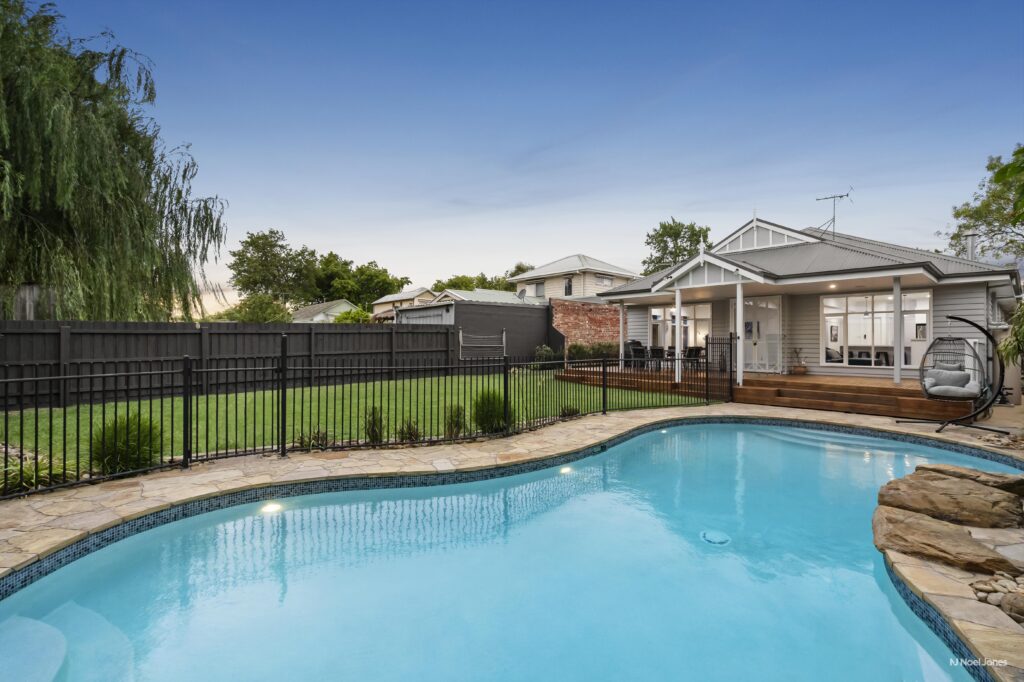When it comes to rental maintenance there are some things that fall under the responsibility of the renter and some that are the responsibility of the rental provider.
Rental Provider Responsibilities
All rental properties must be in good repair and fit for occupation. This includes the Minimum Standards, which are part of the Residential Tenancies Act. The Minimum Standards are set to make sure the main functions of your rental property such as bathrooms, toilets and kitchens are in good working order.
When looking at repairs, these are broken into two categories. Urgent repairs which must be completed immediately as they make the property difficult to live in, such as a gas leak or blocked toilet, and then non-urgent repairs where the renter can continue to live safely in the property such as a broken dishwasher or loose tiles.
All rental homes require certification to ensure the safety of the house and renters, these include Smoke alarm checks yearly and Gas and electricity checks every second year. These safety checks are the responsibility of the rental provider.
Maintenance And Modifications For Renters
A renter has responsibilities as part of their rental agreement to keep their rental property clean, and to also complete minor maintenance such as changing light globes and keep the garden tidy.
Renters can also make minor modifications without permission such as installing picture hooks, wireless doorbells, safety gates for children or replacement curtains. The modifications do need to be reversed when the property is vacated, so that the property is left in the same condition as when first occupied.
For any larger modifications the renter will need to seek permission before making any changes.
If the property has a pool or spa it is the renters responsibility to clean and maintain it, including keeping it topped up with water.





